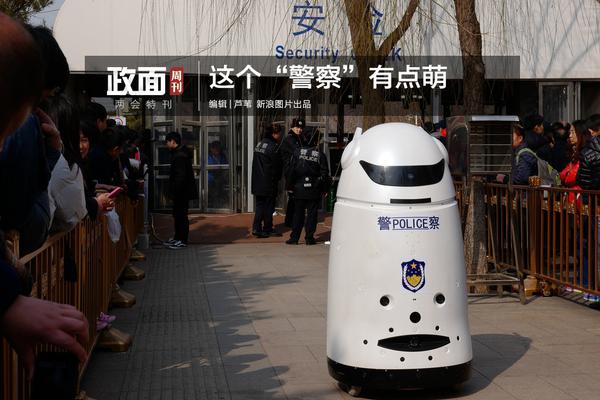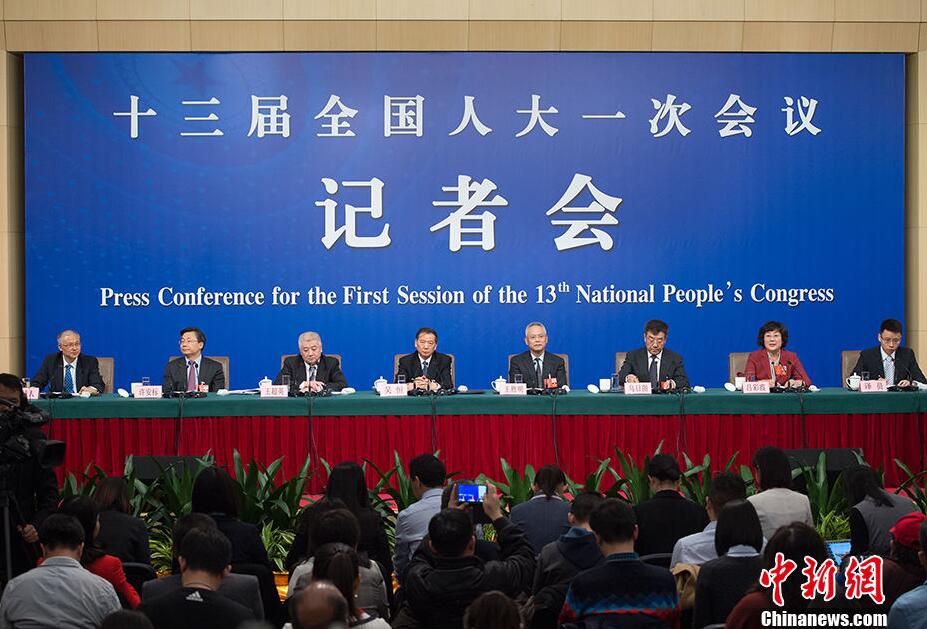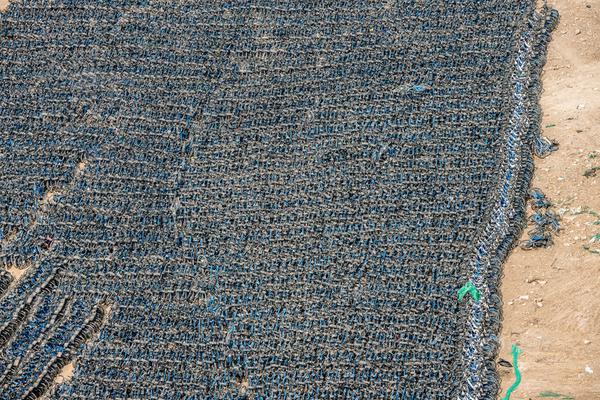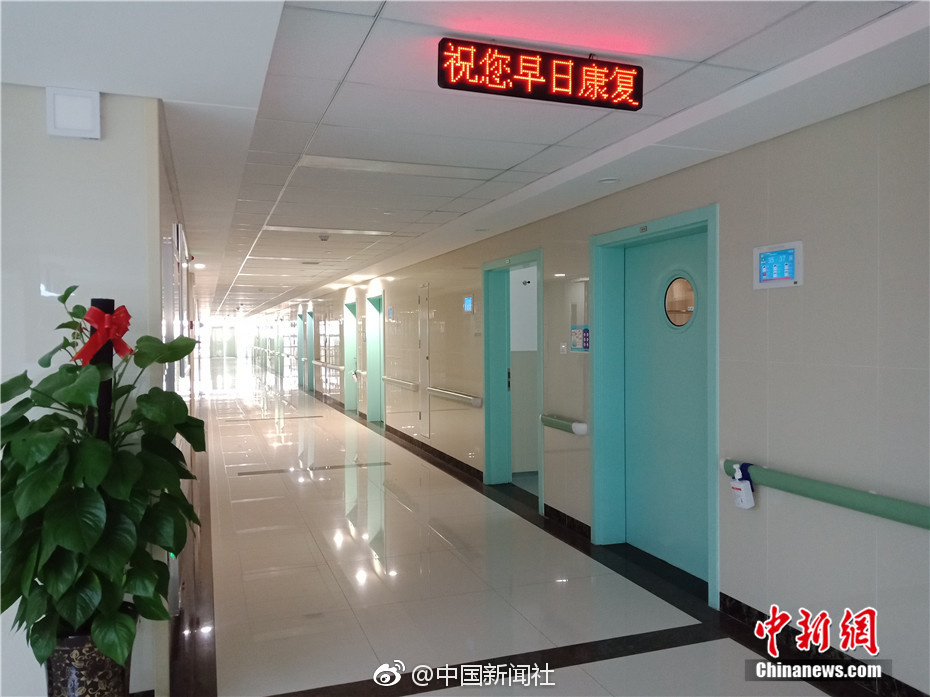
1. The five functions of the operating system are processor management, memory management, device management, file management and job management. Processor management The most basic function of processor management is to process interrupt events. After configuring the operating system, various events can be processed.
2. The main function of the computer operating system is process management, and its work is mainly process scheduling. In the case of a single user and a single taskNext, the processor is only monopolized by one user's task, and the process management work is very simple.
3. Operating System (abbreviation: OS) is a group of interrelated system software programs that supervise and control computer operation, use and run hardware, software resources and provide public services to organize user interaction.
4. Five major management functions of the operating system: (1) Job management: including tasks, interface management, human-computer interaction, graphical interface, voice control and virtual reality, etc. ( 2) File management: also known as information management. ( 3) Storage management: The essence is the management of storage "space", which mainly refers to the management of the main memory.
Any information system has five basic functions, namely: information collection and recording (input); information storage; information processing; information transmission; information output .
According to the functional introduction of the information system, the information system has five basic functions: input, storage, processing, output and control. Different functions have different functions, such as input function: the input function of the information system is determined by the purpose to be achieved by the system, the ability of the system and the permission of the information environment.
Five basic functions of the information system: input, storage, processing, output and control. Input function: The input function of the information system is determined by the purpose to be achieved by the system, the ability of the system and the permission of the information environment.Storage function: Storage function refers to the ability of the system to store various information and data. Mainly including: statistical functions.
The operating system has five functions: processor management: mainly controls and manages the work of the CPU. Storage management: mainly allocate and manage memory. Device management: mainly manage basic input and output devices. File management: responsible for the organization, storage, operation and protection of computer files.
The functions of the computer operating system include: processor management, memory management, device management, file management, job management and other functional modules. Processor management. The most basic function of processor management is to handle interrupt events. The processor can only detect interrupt events and generate interrupts and cannot process them.
The main function of the computer operating system is process management, and its main work is process scheduling. In the case of a single user and a single task, the processor is only monopolized by one user's task, and the work of process management is very simple.
The main functions of the operating system are process and processor management, job management, storage management, device management and file management, as follows: process and processor management. Because the execution of the program must rely on the processor, only one program flow can be processed and executed at any time. Homework management.
I) Processor management The most basic function of processor management is to handle interrupt events. The processor can only detect interrupt events and generate interrupts, and cannot handle these interrupt events. After configuring the operating system, all types of events can be handled.Another function of processor management is processor scheduling.
Five management functions of the operating system: job management: including tasks, interface management, human-computer interaction, graphical interface, voice control and virtual reality, etc. File management: also known as information management. Storage management: The essence is the management of storage "space", which mainly refers to the management of the main memory.

The storage management function of the operating system is to manage memory resources. It mainly realizes memory allocation and recovery, storage protection and memory expansion. The device management of the device management operating system is responsible for allocating and recycling external devices, and controlling external devices to operate according to the requirements of user programs.
The functions of the computer operating system include: processor management, memory management, device management, file management, job management and other functional modules. Processor management. The most basic function of processor management is to handle interrupt events. The processor can only detect interrupt events and generate interrupts and cannot process them.
The five functions of the operating system are processor management, memory management, device management, file management and job management.Processor management The most basic function of processor management is to process interrupt events. After configuring the operating system, various events can be processed.
DigiPlus-APP, download it now, new users will receive a novice gift pack.
1. The five functions of the operating system are processor management, memory management, device management, file management and job management. Processor management The most basic function of processor management is to process interrupt events. After configuring the operating system, various events can be processed.
2. The main function of the computer operating system is process management, and its work is mainly process scheduling. In the case of a single user and a single taskNext, the processor is only monopolized by one user's task, and the process management work is very simple.
3. Operating System (abbreviation: OS) is a group of interrelated system software programs that supervise and control computer operation, use and run hardware, software resources and provide public services to organize user interaction.
4. Five major management functions of the operating system: (1) Job management: including tasks, interface management, human-computer interaction, graphical interface, voice control and virtual reality, etc. ( 2) File management: also known as information management. ( 3) Storage management: The essence is the management of storage "space", which mainly refers to the management of the main memory.
Any information system has five basic functions, namely: information collection and recording (input); information storage; information processing; information transmission; information output .
According to the functional introduction of the information system, the information system has five basic functions: input, storage, processing, output and control. Different functions have different functions, such as input function: the input function of the information system is determined by the purpose to be achieved by the system, the ability of the system and the permission of the information environment.
Five basic functions of the information system: input, storage, processing, output and control. Input function: The input function of the information system is determined by the purpose to be achieved by the system, the ability of the system and the permission of the information environment.Storage function: Storage function refers to the ability of the system to store various information and data. Mainly including: statistical functions.
The operating system has five functions: processor management: mainly controls and manages the work of the CPU. Storage management: mainly allocate and manage memory. Device management: mainly manage basic input and output devices. File management: responsible for the organization, storage, operation and protection of computer files.
The functions of the computer operating system include: processor management, memory management, device management, file management, job management and other functional modules. Processor management. The most basic function of processor management is to handle interrupt events. The processor can only detect interrupt events and generate interrupts and cannot process them.
The main function of the computer operating system is process management, and its main work is process scheduling. In the case of a single user and a single task, the processor is only monopolized by one user's task, and the work of process management is very simple.
The main functions of the operating system are process and processor management, job management, storage management, device management and file management, as follows: process and processor management. Because the execution of the program must rely on the processor, only one program flow can be processed and executed at any time. Homework management.
I) Processor management The most basic function of processor management is to handle interrupt events. The processor can only detect interrupt events and generate interrupts, and cannot handle these interrupt events. After configuring the operating system, all types of events can be handled.Another function of processor management is processor scheduling.
Five management functions of the operating system: job management: including tasks, interface management, human-computer interaction, graphical interface, voice control and virtual reality, etc. File management: also known as information management. Storage management: The essence is the management of storage "space", which mainly refers to the management of the main memory.

The storage management function of the operating system is to manage memory resources. It mainly realizes memory allocation and recovery, storage protection and memory expansion. The device management of the device management operating system is responsible for allocating and recycling external devices, and controlling external devices to operate according to the requirements of user programs.
The functions of the computer operating system include: processor management, memory management, device management, file management, job management and other functional modules. Processor management. The most basic function of processor management is to handle interrupt events. The processor can only detect interrupt events and generate interrupts and cannot process them.
The five functions of the operating system are processor management, memory management, device management, file management and job management.Processor management The most basic function of processor management is to process interrupt events. After configuring the operating system, various events can be processed.
bingo plus update today Philippines
author: 2025-02-11 03:04UEFA Champions League live streaming app
author: 2025-02-11 03:18UEFA Champions League standings
author: 2025-02-11 02:17 DigiPlus fair value
DigiPlus fair value
622.51MB
Check UEFA European championship
UEFA European championship
439.35MB
Check DigiPlus
DigiPlus
327.85MB
Check Casino free 100 no deposit
Casino free 100 no deposit
227.56MB
Check Hearthstone arena class win rates reddit
Hearthstone arena class win rates reddit
211.47MB
Check UEFA Champions League live streaming app
UEFA Champions League live streaming app
278.66MB
Check UEFA Champions League standings
UEFA Champions League standings
732.62MB
Check Casino Plus free 100
Casino Plus free 100
341.52MB
Check Hearthstone arena class win rates reddit
Hearthstone arena class win rates reddit
178.99MB
Check Hearthstone Arena class tier list 2024
Hearthstone Arena class tier list 2024
854.17MB
Check Hearthstone Arena Tier List
Hearthstone Arena Tier List
551.32MB
Check Hearthstone Arena Tier List
Hearthstone Arena Tier List
839.79MB
Check Casino Plus app
Casino Plus app
634.38MB
Check casino plus free 100
casino plus free 100
887.37MB
Check European Cup live
European Cup live
759.23MB
Check Bingo Plus
Bingo Plus
128.81MB
Check Hearthstone deck
Hearthstone deck
796.78MB
Check casino plus free 100
casino plus free 100
136.68MB
Check Hearthstone Arena win rate
Hearthstone Arena win rate
425.74MB
Check Champions League
Champions League
414.64MB
Check TNT Sports
TNT Sports
379.31MB
Check Bingo Plus
Bingo Plus
337.99MB
Check Hearthstone Wild Decks
Hearthstone Wild Decks
763.98MB
Check Casino Plus free 100
Casino Plus free 100
183.46MB
Check Arena plus APK
Arena plus APK
915.12MB
Check UEFA Champions League
UEFA Champions League
251.74MB
Check Walletinvestor digi plus
Walletinvestor digi plus
427.59MB
Check Hearthstone Wild Decks
Hearthstone Wild Decks
775.21MB
Check Arena Plus login
Arena Plus login
681.23MB
Check Bingo Plus
Bingo Plus
136.29MB
Check Casino Plus free 100
Casino Plus free 100
512.36MB
Check 100 free bonus casino no deposit GCash
100 free bonus casino no deposit GCash
788.94MB
Check Hearthstone arena class win rates reddit
Hearthstone arena class win rates reddit
375.12MB
Check bingo plus update today
bingo plus update today
958.31MB
Check Walletinvestor digi plus
Walletinvestor digi plus
256.68MB
Check Bingo Plus stock
Bingo Plus stock
198.95MB
Check
Scan to install
DigiPlus to discover more
Netizen comments More
348 Arena Plus login
2025-02-11 03:18 recommend
766 UEFA Europa League
2025-02-11 03:09 recommend
72 UEFA European championship
2025-02-11 02:30 recommend
1318 Casino Plus login register
2025-02-11 02:29 recommend
2739 Hearthstone Arena Tier List
2025-02-11 02:27 recommend